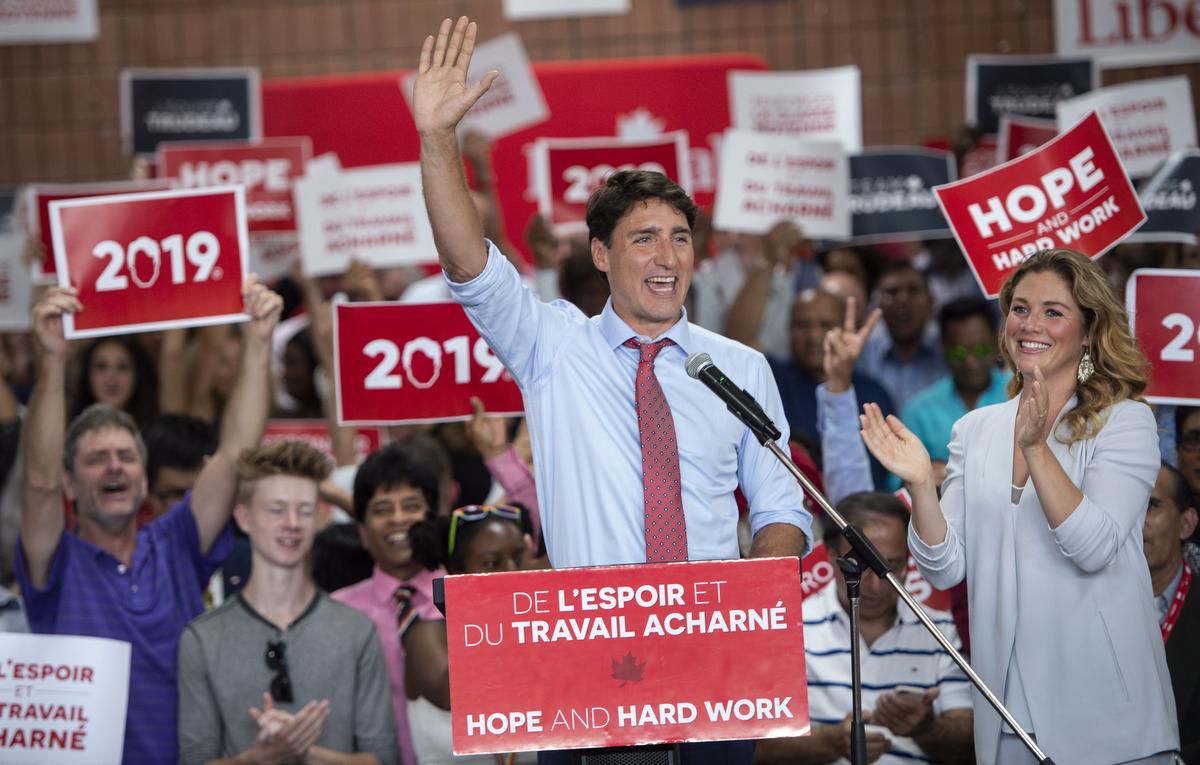Canada is waiting to conduct a federal election in October 2019. We will look at how the potential election results might affect Canadian immigration laws.
The Liberal party, which is currently holding power, is facing threats from the conservative party that has a real possibility of winning the election expected to be held in October. What would be the effect of the victory of either these parties on Canadian immigration? If neither of the parties wins, can the other parties affect Canada’s immigration laws?
Let us figure it out.
Case 1: The liberals win
Justin Trudeau is the leader of the ruling party, and if his party wins the majority, we can expect the delivery of multi-year immigration policy. The plan wants Canada to take one million permanent immigrants between 2019 and 2021. Since they have been in power for almost the last four years, they have had a lot of time to change things.
Among the things that they have changed during their period in power include an express entry for candidates who have studied in Canada and French speakers who settle outside Quebec province. The liberals want more immigrants who speak French to distribute to other provinces apart from Quebec.

Also, a liberal win might cause a decrease in the processing time for family reunification processes. The liberals have also retained the popular International Experience Canada program that allows temporary workers who work in recognized organizations to access Canada easily.
It is also expected that more temporary Foreign workers might be able to change jobs in Canada without requiring new work permits if the Liberals win the election. The government has proposed a change from employer-based work permits to occupation-based ones. This means that workers will not be limited to one employer, getting the freedom to get hired by another employer in Canada, provided it is a similar occupation.
Liberals also introduced a quickened study permit processing program known as Student Direct Stream. More is expected on the same if the liberal party wins, with potential expansion of the program in more countries.






